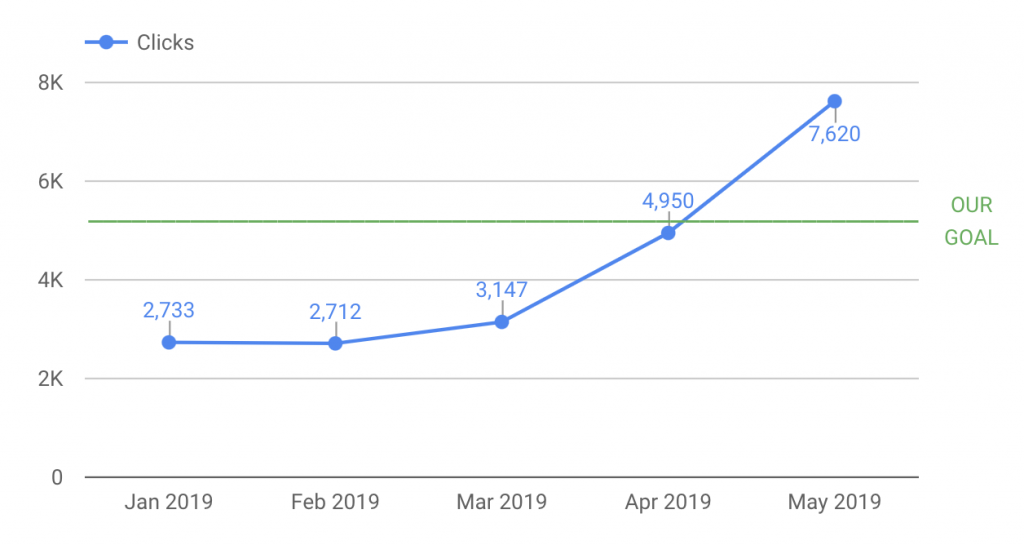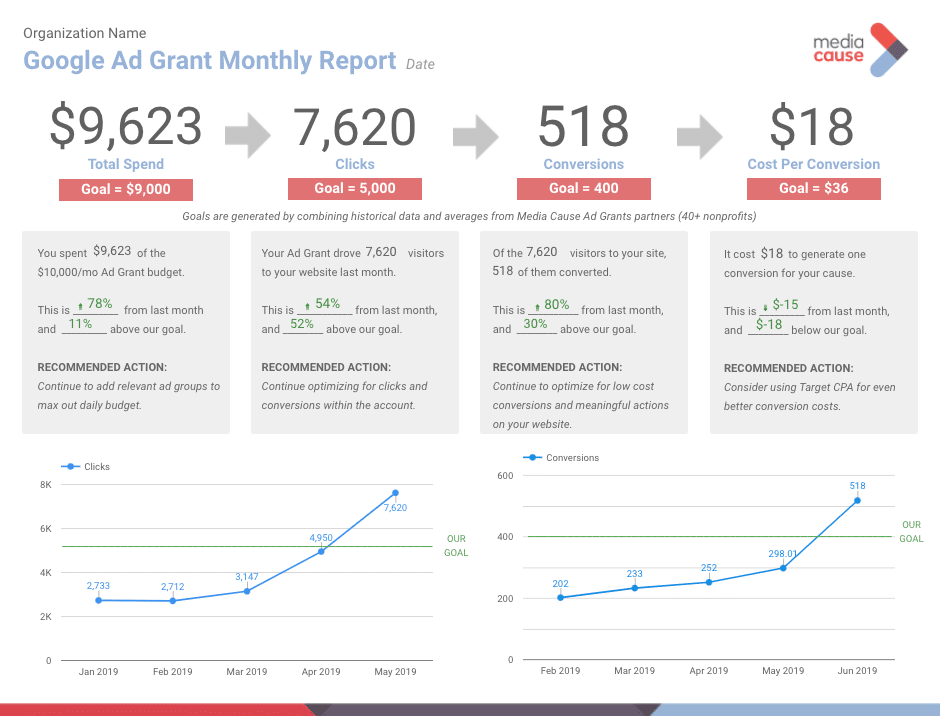
6 Critical Questions to Ask When Hiring a Google Ad Grants Agency
If you clicked on this post, chances are you’re struggling to get the most out of your Google Ad Grant.
You’re not alone. The Grant program is a tremendous opportunity for nonprofits, but it’s also one of the more complicated advertising platforms out there. Plus, many organizations have had their accounts deactivated for not complying with the ever-changing Grant policies.
The reality is, most organizations need help managing their Ad Grant — not only to stay in compliance but to also achieve a high ROI.
But with literally hundreds of agencies offering Ad Grant management services, how do you find the right fit?
The following 6 questions are critical in assessing an agency to manage your Ad Grant…
1. Is the agency Google certified?
 Fortunately, the team at Google has created a Directory of Certified Professionals and Agencies to help nonprofits navigate and find the right partner for their grant management needs.
Fortunately, the team at Google has created a Directory of Certified Professionals and Agencies to help nonprofits navigate and find the right partner for their grant management needs.
Each agency on the list has been individually vetted by the Google Team, and each of them specializes in working with nonprofits, specifically.
Google also provides a handy Guide to Partnering with an Agency resource for your reading pleasure.
2. How much website traffic do your clients see from an Ad Grant each month?

In order to take full advantage of your Ad Grant, and in order to justify hiring an agency, you should expect to receive a certain amount of website traffic from your ad grant.
At Media Cause, our clients receive an average of 4,900 clicks per month from their Ad Grant, with the lowest being 2,100 and the highest being 14,300.
But, that said, clicks are NOT the end game…
3. How many conversions do your clients see from an Ad Grant each month?
One of the most important metrics to be measured with your Ad Grant is conversions.
Essentially, you should always be asking yourself and the agency this question: “After people click on my ad, how many of them are actually signing up for our newsletter, registering for an event, donating, etc?“
Without conversion data, you risk sending irrelevant traffic to your website and potentially wasting the grant money.
At Media Cause, our clients generate an average of 235 conversions per month, with the lowest being 80 and the highest being 9,000 depending on the type of conversion.
4. What sort of reporting do you provide?
Reporting is critical not only for your own education about how the Ad Grant is performing, but it creates a road map for how to evolve and grow the account.
At Media Cause, we offer a customized and intuitive report for our clients, with benchmarks, goals, and recommended next steps. A sample of one of our reports is here:

Sample Google Ad Grant Monthly Dashboard
5. Do you offer landing page consultation and/or development?
As mentioned in question #3, a critical component of harnessing the power of your Google Ad Grant is the quantity and quality of your landing pages (i.e. the webpages that someone lands on after clicking on your ad).
Often times, we find that nonprofits either don’t have enough content on their site to drive 10,000 news visitors to every month, OR the pages that they do have aren’t set up to capture that traffic in a meaningful way (e.g. email sign up, PDF download, webinar sign up, etc).
And when building new landing pages, the details matter.
All of our service packages at Media Cause include landing page consultation and provide specific examples and tutorials on how to build a landing page that converts. Plus, our Ad Grant Premium package provides you with copywriting and content creation — all built on your website.
6. Do you provide services beyond Ad Grant Management?
Your Ad Grant is a critical component to your marketing strategy, but it shouldn’t be managed in a vacuum.
And, it’s not enough to just get someone to sign up for an email. What do you do with them afterward? How do you lay the groundwork so that the new supporter is informed, inspired, and compelled to donate to your organization down the line?
At Media Cause, we offer a complete suite of digital marketing services that work in coordination with each other to maximize ROI.